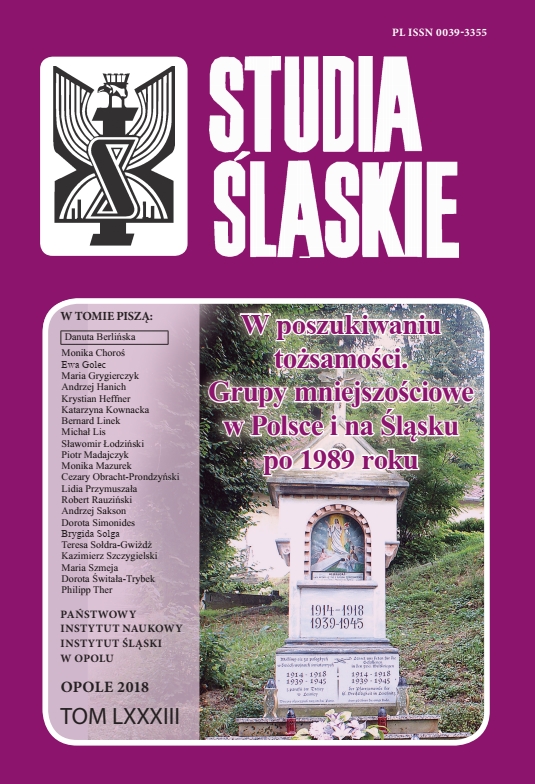Cena jedności. Niemiecka terapia szokowa i transformacja Niemiec po 1989 roku
The price for unification: The German shock therapy and transformation after 1989
Author(s): Philipp TherSubject(s): Welfare systems, Transformation Period (1990 - 2010)
Published by: Instytut Śląski
Keywords: The Federal Republic of Germany after 1989;socio-economic reforms in Germany;20th century;economic transition;former Soviet Bloc states;
Summary/Abstract: Until recently the “shock therapy,” i.e. radical reforms, have been celebrated as the way to later economic growth and prosperity in post-communist countries. The article argues that not only Poland, but also East Germany underwent a shock therapy that was particularly radical in liberalization and privatization. Combined with the currency union and rapid accession to the European Community, the patient hardly survived the therapy. As a result, all of Germany, including the former West, slumped into a protracted post-unification crisis, which then lead to a second round of neoliberal reforms after the turn of the millennium. The article then discusses the economic, societal and political impact of the pension, social security and labor market reforms (the Hartz reforms) that were enacted under the Social Democratic and Green coalition. The final conclusion is that instead of the quick westernization of the GDR, all of Germany was co-transformed and shares commonalities with other post-communist countries.
Journal: Studia Śląskie
- Issue Year: 2018
- Issue No: 83
- Page Range: 185-194
- Page Count: 10
- Language: Polish

